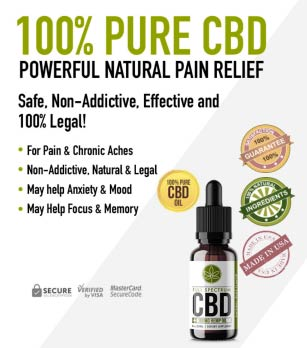Stem Cell Marketers Ordered to Pay $5 Million for Misleading Health Claims
/By Crystal Lindell
The co-founders of the Stem Cell Institute of America (SCIA) misled seniors and the disabled about the benefits of stem cell therapy, according to a recent federal court ruling that orders them to pay $5.1 million in civil penalties and refunds to consumers. A separate order permanently bans them from future marketing and advertisements.
In 2021, the Federal Trade Commission and the Georgia Attorney General sued SCIA co-founders Steven Peyroux and Brent Detelich for promoting stem cell treatments through deceptive marketing schemes with chiropractors and healthcare providers.
The promotions claimed that stem cell injections were superior to surgery, steroids and pain medication in treating arthritis, joint pain and other orthopedic conditions. The injections cost as much as $5,000 per joint, with patients often getting multiple injections.
The FTC says the marketing was aimed almost exclusively at elderly and disabled people.
“The founders of the Stem Cell Institute of America and their network of companies tricked people who needed real medical help into buying expensive, unproven stem cell therapy,” Samuel Levine, Director of the FTC’s Bureau of Consumer Protection, said in a press release.
“The court’s orders hold them accountable, refund consumers, and permanently ban the defendants from offering stem cell therapy and other regenerative medicine treatment in the future.”
SCIA ADVERTISEMENT
In 2015, Peyroux, a chiropractor, and Detelich, a former chiropractor, founded SCIA, a company that trained chiropractors and other healthcare practitioners how to recruit patients through advertising and “educational seminars.” SCIA also provided them with a “vault” of sample advertisements rife with baseless claims of efficacy, and the appearance of being part of a nationwide SCIA network.
The defendants also used deceptive marketing materials and seminars to attract stem cell patients to their own chiropractic clinic.
‘FDA’s War on Public Health’
Coincidentally, news of the court order comes just days before President-elect Donald Trump is sworn in for a second term.
During his first term, Trump was a strong supporter of “Right to Try” legislation that gave terminally ill patients the right to try stem cells and other experimental treatments that were not yet approved by the government.
The FDA under President Trump also gave the stem cell industry three years to show whether regenerative medicine treatments were safe and effective before regulators started cracking down on them. The move effectively gave stem cell providers a huge break, allowing hundreds of new clinics to open up and offer stem cell treatments with little oversight.
The 3-year grace period was then extended six months due to COVID, which had the effect of giving the clinics free range for most of Trump’s first term.
Robert F. Kennedy, Jr., Trump’s nominee to head the Health and Human Services Department, has also pledged to loosen the FDA’s tight control over stem cells and other innovative treatments.
“FDA’s war on public health is about to end,” Kennedy wrote in an October 25 tweet. “This includes its aggressive suppression of psychedelics, peptides, stem cells, raw milk, hyperbaric therapies, chelating compounds, ivermectin, hydroxychloroquine, vitamins, clean foods, sunshine, exercise, nutraceuticals and anything else that advances human health and can't be patented by Pharma.”
In a November interview with NPR, RFK Jr. said Trump had given him instructions to stop the “corruption and the conflicts” at federal health agencies and to end the “chronic disease epidemic” with measurable progress within two years.









